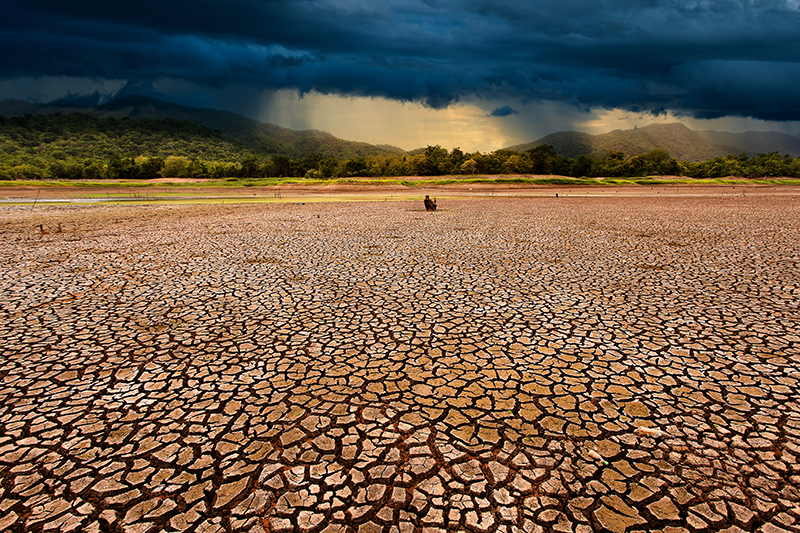The climate crisis is not a distant threat; it is an immediate and escalating emergency that demands our urgent attention. Recent reports from climate scientists and international organizations underscore the gravity of the situation, revealing that the impacts of climate change are accelerating faster than previously anticipated. From rising global temperatures to increasingly severe weather events, the evidence is clear: we must act now to mitigate the effects of climate change and secure a sustainable future for generations to come.
1. The Growing Evidence of Climate Change
The signs of climate change are becoming more apparent every day. The past decade has been the warmest on record, with global temperatures rising by approximately 1.2°C above pre-industrial levels. This warming has led to more frequent and intense heatwaves, storms, and flooding. The polar ice caps are melting at alarming rates, causing sea levels to rise and threatening coastal communities worldwide. These changes are not just statistics; they have real-world consequences for ecosystems, economies, and human lives.
2. The Impact on Ecosystems and Biodiversity
Climate change poses a severe threat to ecosystems and biodiversity. Rising temperatures and shifting weather patterns disrupt habitats and threaten species with extinction. Coral reefs, which are vital to marine biodiversity, are experiencing widespread bleaching due to warmer ocean temperatures. Forests, which act as carbon sinks and support countless species, are being ravaged by wildfires and pest infestations. The loss of biodiversity weakens ecosystems, reducing their ability to provide essential services such as clean air, water, and food.
3. The Human Cost of Inaction
The human cost of climate change is immense. Extreme weather events, such as hurricanes, floods, and droughts, are causing widespread displacement, loss of livelihoods, and economic hardship. Vulnerable communities, particularly in developing countries, are disproportionately affected. Climate change exacerbates existing inequalities, making it harder for marginalised populations to recover and adapt. Addressing climate change is not just an environmental issue; it is a matter of social justice and human rights.
4. The Economic Imperative for Action
The economic impacts of climate change are significant and growing. The cost of inaction is far higher than the cost of taking proactive measures. Extreme weather events and environmental degradation lead to substantial economic losses, impacting industries such as agriculture, tourism, and insurance. Investing in climate solutions, such as renewable energy, energy efficiency, and sustainable infrastructure, not only mitigates these risks but also creates economic opportunities and jobs. Transitioning to a low-carbon economy is not just a moral imperative; it is a smart economic strategy.
5. The Role of Collective Action
Addressing the climate crisis requires collective action at all levels—individual, corporate, and governmental. Governments must implement and enforce policies that reduce greenhouse gas emissions, promote clean energy, and support climate resilience. Businesses have a critical role to play by adopting sustainable practices, reducing their carbon footprint, and investing in green technologies. Individuals can contribute by making sustainable choices, advocating for climate action, and supporting organisations dedicated to environmental protection.
6. The Power of Innovation and Technology
Innovation and technology are key to solving the climate crisis. Advances in renewable energy, energy storage, and carbon capture technologies offer promising solutions for reducing emissions and mitigating climate impacts. Investing in research and development, supporting clean tech startups, and fostering collaboration between scientists, policymakers, and businesses can drive the innovations needed to address climate change effectively.
7. The Call to Action
The time for debate is over; the time for action is now. We must urgently accelerate efforts to combat climate change and build a sustainable future. This requires bold leadership, unwavering commitment, and collaborative efforts from all sectors of society. Every action counts, and every individual, organisation, and government has a role to play in creating meaningful change.
The climate crisis is one of the greatest challenges of our time, and the need for urgent action has never been clearer. By taking decisive steps to reduce emissions, protect ecosystems, and invest in sustainable solutions, we can address this crisis and create a resilient, equitable, and thriving world for future generations. The path forward is clear, and the time to act is now.

